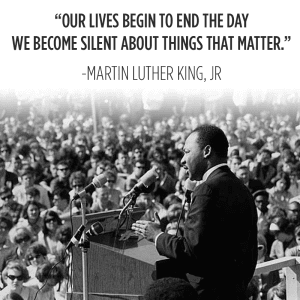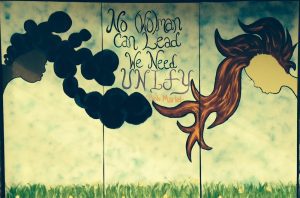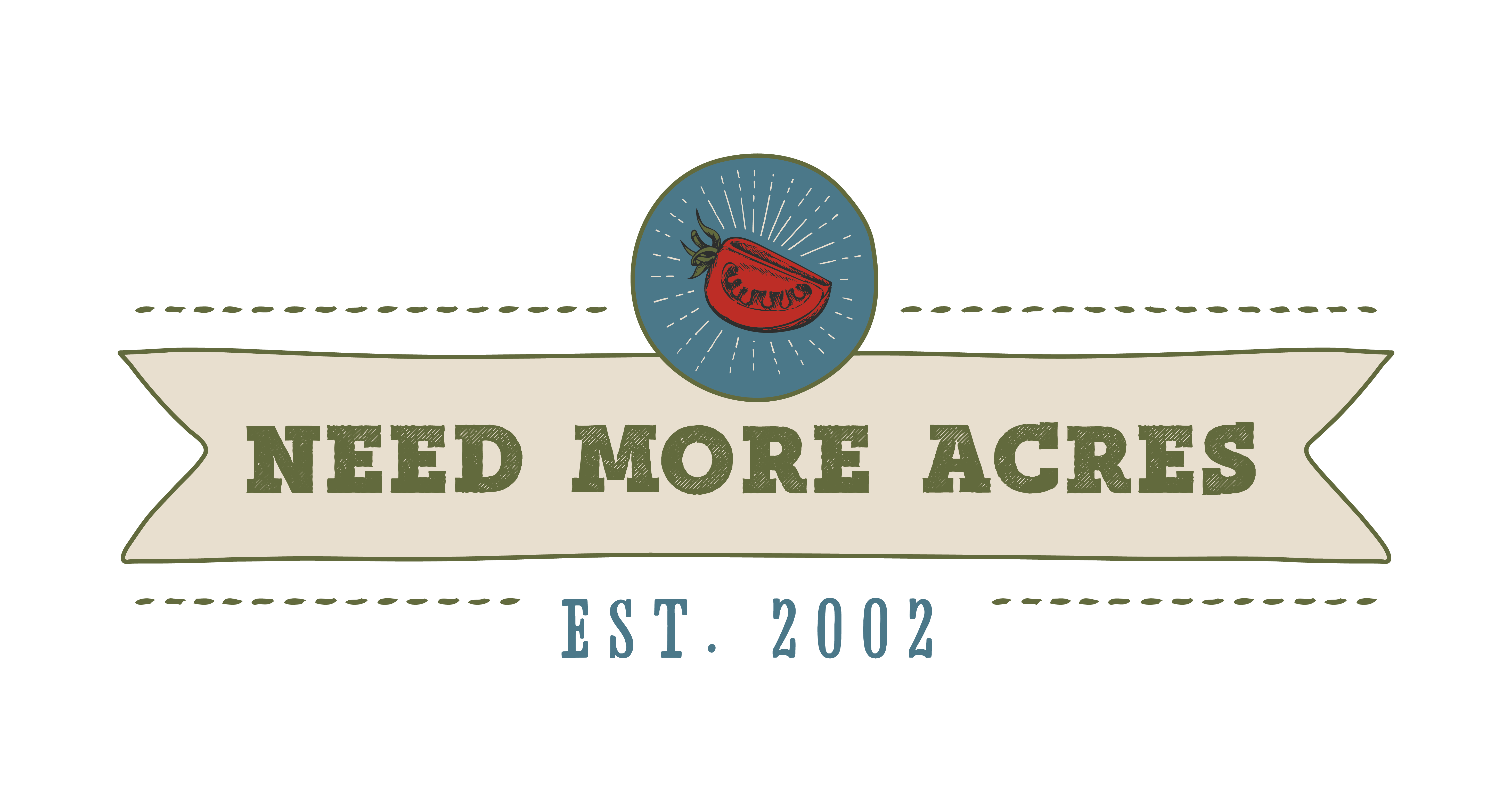
When a black person says #blacklivesmatter they are not saying “my life matters more than yours”, but rather are saying that they’ve experienced injustices. They are saying I’ve experienced some things as a black persons that I feel silenced about. There are feelings and emotions that go back centuries that we as white people will never understand unless we listen. When our immediate reaction is, “what do you mean black lives matter-all lives should matter” then we’ve missed the point entirely.
While I really don’t expect to say much that will offer any condolences to the black community I do hope that I might be able to make a bit of sense for other middle class white women like myself. Any of us who have suffered injustices know that the reality is that at some point in history a family member found themselves suffering misfortune. Maybe their ancestors were captured as slaves, maybe they suffered a devastating disease, maybe they were displaced, maybe they became a single parent unexptecadly, maybe they were drafted and experienced horror many of us will never know. Whatever the reason-at some point in history their lives took a turn for what many of us could never imagine. This is in contrast to those of us who have seen the effects of good fortune. Landing a great job, getting that college scholarship, having wealthy relatives who generously pass that on, simply leveraging the color of our skin, or our family name, or a talent (without even realizing it). Most of the time it’s because we were born at the right place at the right time to the right people to live a life of privilege-not because we carved the perfect life out of nothing. When we look at generations of people who continue to suffer poverty, homelessness and displacement it’s because they have experienced pitfalls-maybe one pitfall after another.
Let me tell you why this matters to me as a farmer, mother, neighbor who wants to share the story of my own pitfalls in order to hopefully shed light on truth.
Grammar is my pitfall. That may sound odd coming from a girl who likes to write and share it with whoever cares to take a moment to read, but it’s true. Let me take you back to the day I stumbled into my fourth grade Kentucky elementary school class-my California blonde hair, anxious spirit and unwillingness to take any of it too seriously. We were up from our seats at noon and I looked around at all these young kids, then over to my teacher who was giving me an expression I couldn’t understand. I was escorted to the end of the line with the other free lunch participants which gave me a clear view of the students whispering, laughing and turning back to get another look at me. The gig was up…I was different, I was poor (by the standards of that classroom) and the hardest thing of all-I couldn’t read. This was one of my first lessons in becoming “the least of these”. Something I’ve learned to cherish as I learn to climb down the ladder of success.
I stood at the end of the lunch line because I was on free lunch and I was surrounded by black students. When I attended a school with a higher population of black students I was often judged for being white and never understood why (now I do). When I later worked daily with black co-workers I witnessed the judgement they faced each and every day. Each time an act that takes a life of a black teen I see and hear the pain that my fellow mama’s face simply because of the color of their child’s skin. My own prejudices and inner darkness became even more real to me the day that a black co-worker said, “Did you see that? You pulled back your hand so we wouldn’t touch. You’re afraid to touch me because I’m black.” Was I offended? Yes. Was he right? Yes.
I was President of my FFA (Future Farmers of America) chapter in high school. The group of us were predominantly white-wait a minute-outside of one long term friend from Hart Co. we were all white. After several racial riots breaking out in our school there was a day long training offered to what the schools termed “leaders” and particularly those who they considered involved in the racial tension happening in the school. I was invited to the table. It was basically a day long racism training with counselors, college students and racial activists helping us understand what was happening among us. Always ready for a good organizational meeting I walked myself into the room hopeful that we’d be able to figure some of this stuff out by the time school let out-I think some of the trainers were hoping for the same. If I were to look around that room today I’d see a group of marginalized kids who all had suffered some sort of poverty, displacement, misfortune, or hardship (although none of us knew it at the time). One of the college students (not being as politically correct as the rest of the staff) got fed up about halfway through. He said, “Don’t you all get it? All of you have been held back most of your life and all you are doing is continuing to hold one another back. Look at who’s not at the table today? Those with money, those with guaranteed success, those with privileges you don’t have. It’s up to you to decide if you want to continue hurting one another, ignoring one another, and keeping one another from progress”. Was that training successful in getting different groups to work together? Not immediately. Was that training successful in preventing future riots? No. Did it make a difference in my life (and maybe a few others) who now see issues like Ferguson, civil rights and social justice issues definitely? Yes, absolutely, glory be to God. It’s when we realize we are part of the problem that we can finally become part of the solution.


